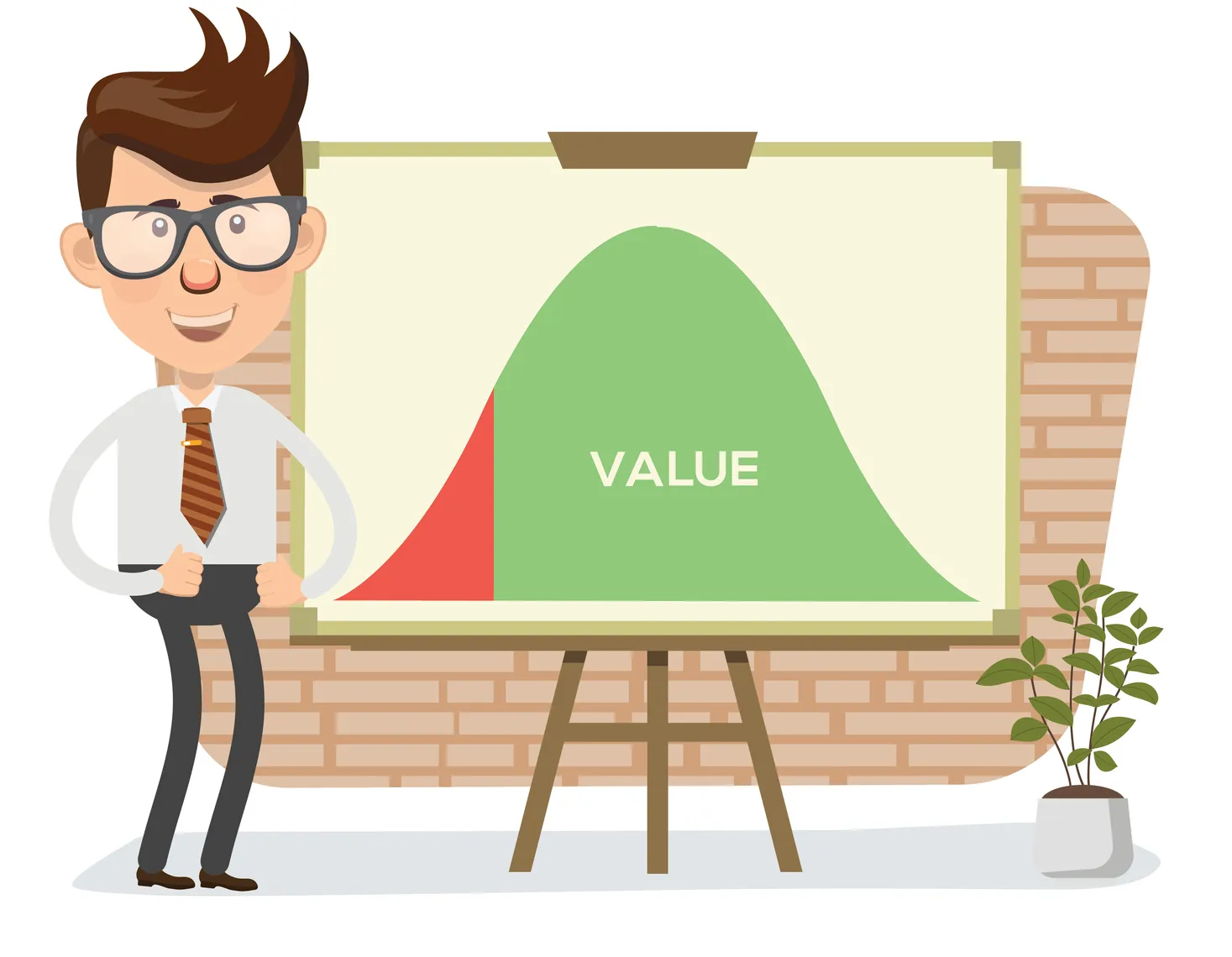What is XVA?

It stands for X-Value Adjustment, and is used in financial valuation models. It’s a generic term referring to a number of different valuation adjustments in relation to derivatives, such as options and futures, held by investment banks.
Key takeaways
XVA (X-Value Adjustment) is a generic term used in financial valuation models referring to various valuation adjustments for derivatives like options and futures held by investment banks.
XVA extends credit valuation adjustment (CVA), which hedges counterparty risk, and encompasses all derivatives valuation adjustments including debit valuation adjustment (DVA) and fund valuation adjustment (FVA).
These pricing adjustments have grown significantly in number and importance since the 2008 financial crisis, with banks using real-time analytics to model trade prices and profitability.
Due to overlapping values among CVA, DVA, and FVA, banks are consolidating these functions by assigning pricing and hedging responsibility to single organizational desks instead of separate operations.
Where have you heard about XVA?
Banks place a lot of importance on real-time analytics that are capable of modelling trade prices over time to determine how the investment will behave and how profitable it's likely to be in the future.
What you need to know about XVA.
XVA is an extension of the better-known credit valuation adjustment (CVA), which is used to hedge against a bank’s aggregated counterparty risk. XVA covers all derivatives valuation adjustments, including debit valuation adjustment (DVA) and fund valuation adjustment (FVA).
These pricing adjustments have grown in number and significance since the 2008 financial crisis. Because the values of CVA, DVA and FVA overlap, some banks are now grouping them together, giving pricing and hedging responsibility to a single desk within their organisation instead of having separate operations for each.